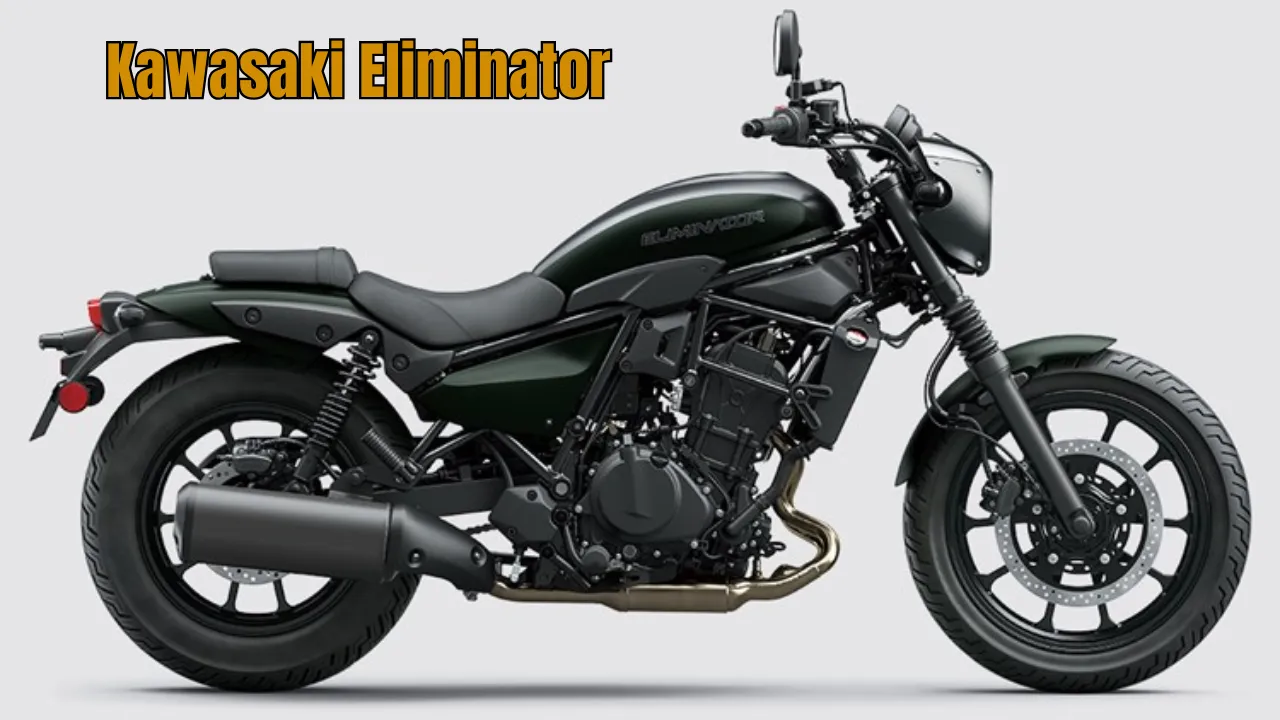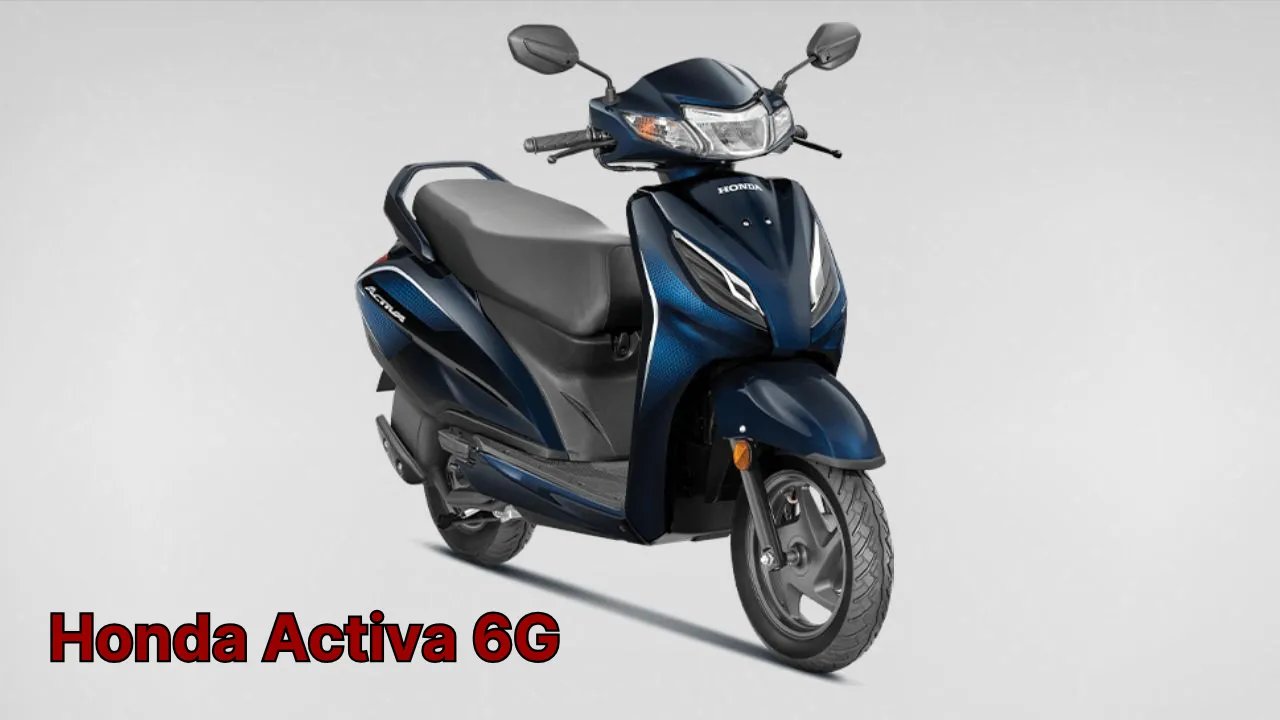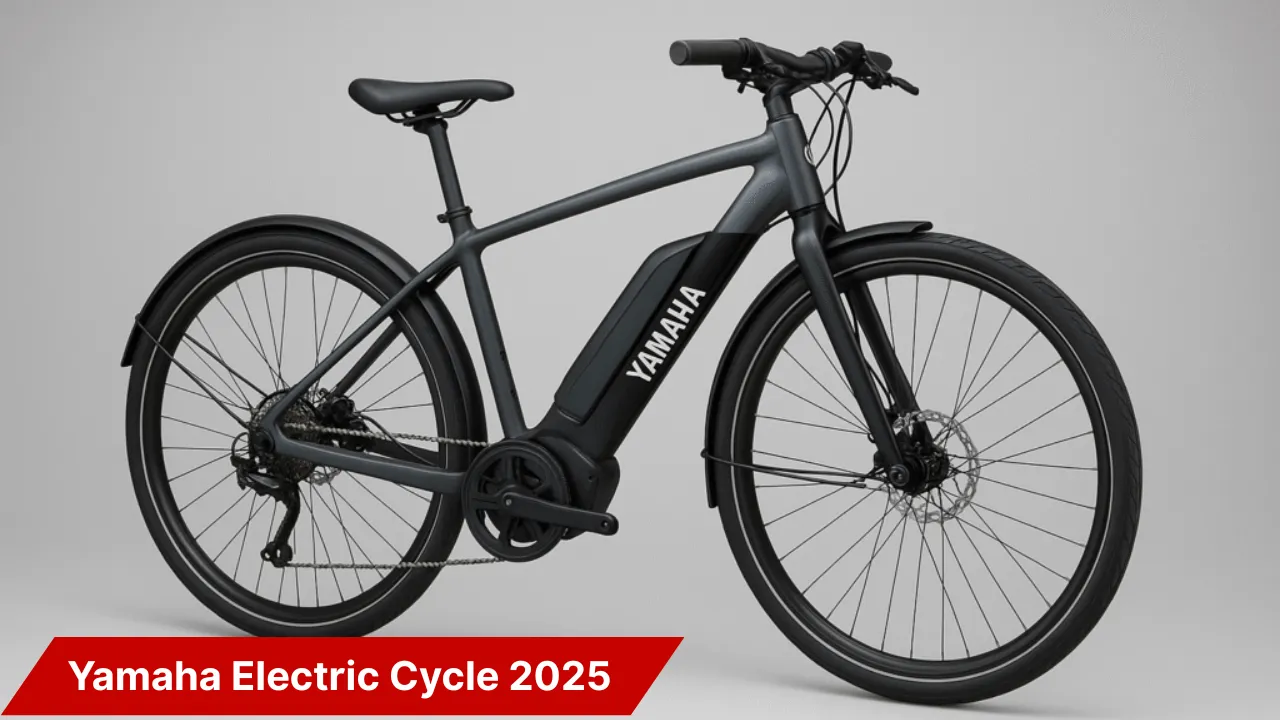Kerala State Coir Machinery Manufacturing Company is driving a quiet revolution in one of India’s most traditional sectors: the coir industry. Known for its deep roots in rural livelihoods and eco-friendly products, coir has been a major contributor to Kerala’s economy and cultural identity. However, the processes behind it, especially coir dyeing, have long remained outdated, inefficient, and environmentally harmful.
This article takes a close look at how Kerala State Coir Machinery Manufacturing Company is transforming these age-old dyeing practices. By introducing mechanized, sustainable dyeing techniques, the organization is helping coir producers shift toward modern, eco-friendly production without compromising on quality or tradition. We will explore the specific machinery, technology, and benefits this modernization brings to coir workers, small producers, and the larger Kerala coir sector.
Kerala State Coir Machinery Manufacturing Company: A Catalyst for Eco-Friendly Innovation
The Kerala State Coir Machinery Manufacturing Company has taken a leading role in modernizing traditional coir dyeing systems with innovative, mechanized solutions. Their focus is on creating sustainable, energy-efficient machinery that replaces harmful, water-intensive dyeing methods with eco-conscious alternatives. These efforts not only improve product quality but also align the coir industry with global environmental standards. Through affordable and accessible technology, KCMMC empowers even small-scale producers to adopt cleaner practices, ensuring Kerala’s coir industry remains competitive and resilient in the face of changing market demands and climate concerns.
Overview of KCMMC’s Role in Modern Coir Dyeing
| Aspect | Traditional Dyeing | KCMMC-Enabled Modern Dyeing |
| Method | Manual, open-fire boiling | Mechanized, closed-dye systems |
| Environmental Impact | High water and chemical use | Reduced water use, non-toxic dyes |
| Worker Safety | High exposure to heat and fumes | Enclosed systems, safer operations |
| Efficiency | Time-consuming and inconsistent | Fast, uniform dye results |
| Scalability | Limited to small batches | Suitable for large-scale production |
| Export Readiness | Low compliance with eco norms | Aligned with global eco standards |
How Traditional Coir Dyeing Worked
For decades, coir dyeing in Kerala involved heating large vats over firewood stoves, using synthetic dyes and vast amounts of water. This method produced uneven colors and significant waste, both in terms of dye and energy. Workers, often women, labored in poorly ventilated conditions, facing exposure to harsh chemicals and intense heat.
Despite its heritage value, the traditional process struggled to meet the increasing demands for sustainable and safe production. With global markets requiring eco-certified coir products, the need for technological advancement became urgent. The outdated methods were not only inefficient but also posed serious health risks and failed to meet modern quality standards.
Eco-Friendly Machinery Introduced by KCMMC
The Kerala State Coir Machinery Manufacturing Company recognized this gap and introduced innovative, mechanized systems that make dyeing safer, cleaner, and far more efficient. Their closed-dyeing units reduce heat loss and chemical exposure by containing the entire dyeing process within sealed chambers. This helps maintain consistent temperature, optimize dye absorption, and minimize energy and water use.
More importantly, KCMMC’s machinery enables the use of natural dyes and water recycling systems, which drastically reduce environmental impact. These systems are designed to be user-friendly, allowing traditional workers to adapt without steep learning curves. As a result, producers can achieve vibrant, long-lasting colors while meeting international sustainability standards.
Benefits of Mechanized Coir Dyeing
The transition to mechanized dyeing, facilitated by Kerala State Coir Machinery Manufacturing Company, has produced a wide range of benefits:
- Higher Productivity: Mechanized units can process larger batches in less time, which improves turnaround and allows for bulk orders.
- Improved Color Consistency: Machine-controlled dyeing ensures uniform absorption, reducing defects and wastage.
- Worker Safety and Comfort: Enclosed systems minimize direct exposure to heat and chemicals, making the workplace safer.
- Reduced Resource Consumption: Water recycling and energy-efficient systems lower operational costs and environmental harm.
- Market Competitiveness: Sustainable dyeing makes coir products more attractive to eco-conscious buyers, especially in export markets.
These improvements not only help producers remain profitable but also uplift the entire coir value chain by creating better working conditions and greener practices.
Why Modernizing Matters for the Coir Industry
In an era where sustainability is no longer optional, the modernization of coir dyeing has become a necessity rather than a luxury. International buyers, especially from Europe and the US, now prioritize eco-labels, traceability, and clean production. If Kerala’s coir industry hopes to stay relevant, adapting to these expectations is critical.
Thanks to Kerala State Coir Machinery Manufacturing Company, even small and medium-sized enterprises now have access to the tools needed for this transition. By making modern coir production affordable and scalable, KCMMC ensures that traditional artisans and rural entrepreneurs are not left behind in the global marketplace. In effect, modernization helps preserve heritage while building economic resilience.
Key Innovations by KCMMC
- Closed-Dyeing Units: These fully-enclosed systems eliminate exposure to toxic fumes, retain heat efficiently, and allow precise control over dyeing time and temperature. This results in high-quality coir products that meet modern safety and colorfastness standards.
- Water Recycling Systems: KCMMC’s dyeing units incorporate filtration and reuse systems that significantly reduce fresh water usage. These systems can recover up to 60% of water used per cycle, aligning with sustainable manufacturing goals.
Boost to Employment and Rural Economy
One of the most overlooked benefits of this technological upgrade is its positive impact on rural employment. Traditional coir units, often run by women’s cooperatives and family-based businesses, are now able to expand operations due to improved safety and productivity. The simplified machinery enables faster onboarding and training of new workers, even those without technical backgrounds.
This shift has not only increased incomes but also made coir work more appealing to the younger generation. As new jobs emerge in machine operation, quality control, and maintenance, rural areas are seeing renewed economic activity and reduced migration to urban centers.
Support from the Government and Stakeholders
The modernization push has been well-supported by the Kerala state government and institutions such as the Coir Board of India. Through subsidies, training programs, and easy financing for machinery, the state ensures that producers at all levels can benefit. The strategic alignment of government policies with KCMMC’s innovations has created a strong foundation for sustainable growth.
In addition, the collaboration between private sector buyers and local cooperatives has increased market access, helping producers scale up without compromising quality or sustainability.
FAQs
1. What does Kerala State Coir Machinery Manufacturing Company do?
KCMMC designs and manufactures modern machinery for the coir sector, especially focusing on sustainable and efficient dyeing equipment.
2. How does KCMMC help reduce environmental damage in coir dyeing?
By introducing closed-dyeing and water-recycling systems, KCMMC reduces chemical waste, energy use, and water consumption.
3. Is mechanized dyeing more expensive for small producers?
Although there’s an initial investment, government subsidies and lower operating costs make it affordable and profitable in the long run.
4. Can traditional coir workers operate these machines easily?
Yes, KCMMC’s machinery is designed for ease of use, and training is often provided through local cooperatives or government programs.
5. How does this modernization help coir exports?
Modernized dyeing techniques produce high-quality, eco-certified products that are in demand in international markets, boosting exports.
Conclusion
The Kerala State Coir Machinery Manufacturing Company is doing far more than just building machines—it is shaping the future of India’s coir industry. By making coir dyeing safer, faster, and more eco-friendly, KCMMC is ensuring that this traditional craft not only survives but thrives in the modern era. Their innovations offer a rare blend of sustainability and practicality, giving both small producers and large manufacturers the tools they need to succeed.
This transformation is vital—not just for better products, but for preserving livelihoods, promoting rural development, and keeping Kerala’s coir legacy alive in a fast-changing world. If you’re involved in the coir sector or just passionate about sustainable manufacturing, it’s time to explore how innovation can meet tradition with impact.
Found this insightful? Share your thoughts in the comments or browse our related articles on sustainable coir production and innovation.













 Claim Here!
Claim Here!